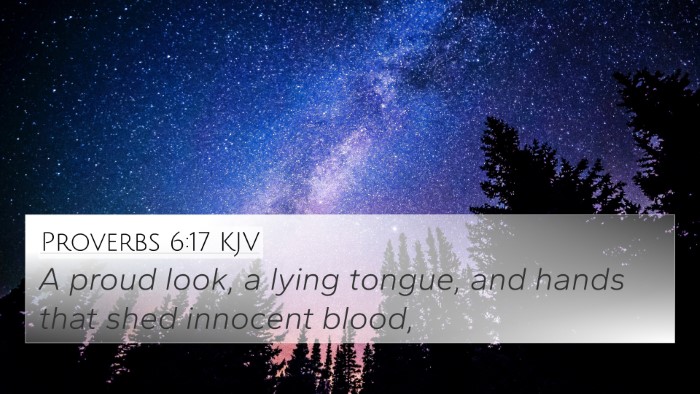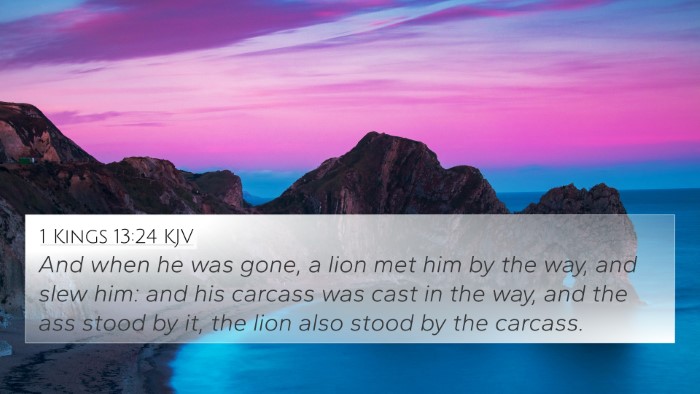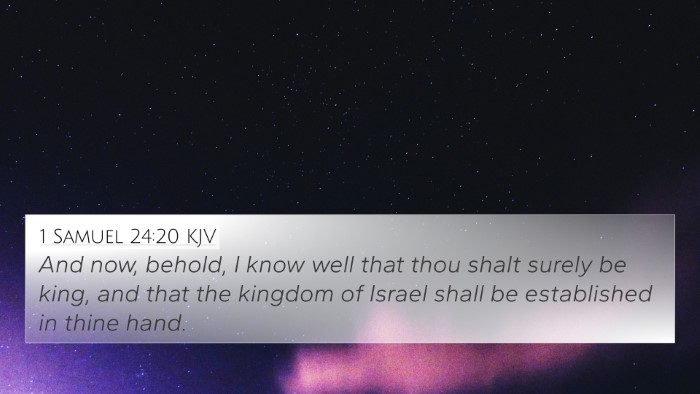Genesis 37:20 - Commentary and Interpretation
Genesis 37:20 states: "Come now, therefore, and let us slay him, and we shall see what will become of his dreams." This verse is situated within the broader narrative of Joseph's story, particularly focusing on the animosity generated by his dreams and his brothers' jealousy.
Summary of the Verse
This moment captures the treachery of Joseph's brothers. Motivated by jealousy and resentment over their father's favoritism, they contemplate murder as a means to eradicate Joseph's dreams of future supremacy. The stark contrast between Joseph's dreams – representing God's divine plan – and the brothers' malicious intent lays the foundation for significant themes in the Book of Genesis, including betrayal, divine providence, and the unfolding of God's purposes despite human actions.
Insights from Commentaries
-
Matthew Henry: He emphasizes the cruelty of the brothers and the irrationality of their actions, pointing out that their thoughts reveal the dark nature of jealousy. Henry notes that their plan to kill Joseph shows the extent to which envy can drive a person to disregard family bonds, a key theme in the narrative.
-
Albert Barnes: Barnes focuses on the prophetic nature of Joseph's dreams and how they foreshadow the coming events. He explains that the brothers' intent to kill Joseph illustrates a tragic misunderstanding of God's plans and the dire consequences of their rage and pride, which ultimately leads to their own downfall.
-
Adam Clarke: Clarke highlights that despite the brothers’ evil intentions, God's purposes will prevail. He discusses the themes of divine oversight and redemption in the greater narrative, showing that what was meant for harm will be orchestrated for good, a recurrent motif in Joseph's story.
Thematic Connections
This verse connects with several broader themes within the Bible, including:
- Jealousy and Rivalry: The emotional and relational strain in familial situations initiated by envy, reflecting later narratives in the story of Cain and Abel (Genesis 4:8).
- Divine Providence: God’s ability to use human actions, even malicious ones, to fulfill His purposes, echoed in Romans 8:28.
- Betrayal: Joseph's betrayal mirrors the betrayal experienced by figures like David (Psalm 55:12-14) and later, Christ (Matthew 26:14-16).
- Hope and Remembrance: The persistence of hope in God's promise despite dire circumstances, seen in passages like Jeremiah 29:11.
Bible Verse Cross-References
This verse can be cross-referenced with the following scripture passages, which illuminate the themes of Genesis 37:20 and provide deeper insights:
- Genesis 4:8 - Cain's murder of Abel out of jealousy.
- Genesis 45:4-8 - Joseph later reveals his identity and discusses God’s purpose in his suffering.
- Romans 8:28 - The assurance that all things work together for good for those who love God.
- Psalms 105:17-19 - God's sending of Joseph as a prophetic figure despite his suffering.
- Matthew 27:3-5 - Judas’s betrayal of Jesus, which reflects the same betrayal motif.
- James 1:15 - The progression of sin as it is conceived in desire, leading to death, similar to Joseph's fate in the eyes of his brothers.
- Acts 7:9-10 - Stephen recounts Joseph’s experience and God’s providential care during his trials.
Tools for Bible Cross-Referencing
For further study, several tools assist in identifying connections between Bible verses, including:
- Bible Concordance: An index of words and phrases in the Bible to locate verses.
- Bible Cross-Reference Guide: Guides designed to help readers find related verses and themes.
- Cross-Reference Bible Study: Methods for understanding the scriptures through relations constructed between verses.
- Bible Reference Resources: Publications that provide insights into scripture relationships.
Conclusion
Genesis 37:20 serves as a potent reminder of the complexity of human emotions and decisions within the divine narrative. As readers explore this verse, they uncover the intricate connections in scripture that link themes of betrayal, jealousy, and divine intervention. Utilizing tools for cross-referencing not only deepens understanding but also demonstrates the richness of God's Word as it interweaves through the faith journey of His people.




















